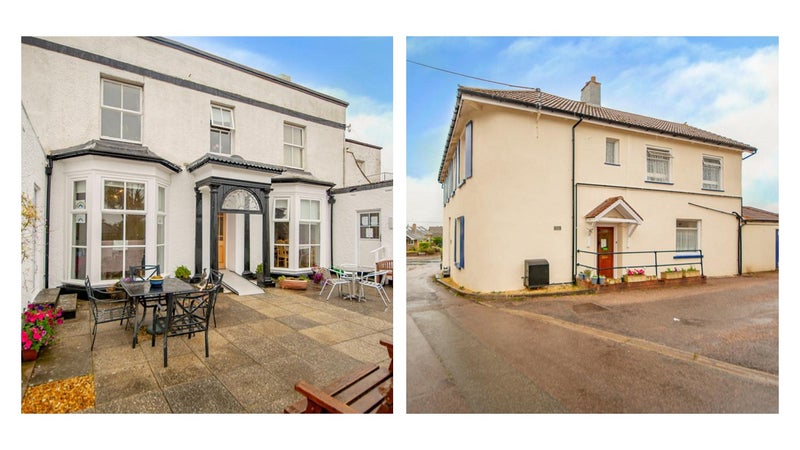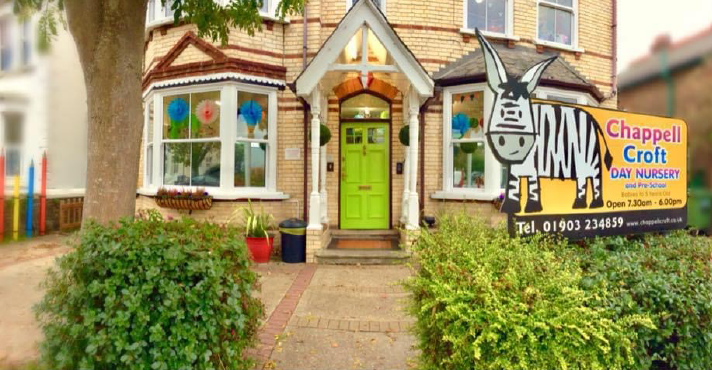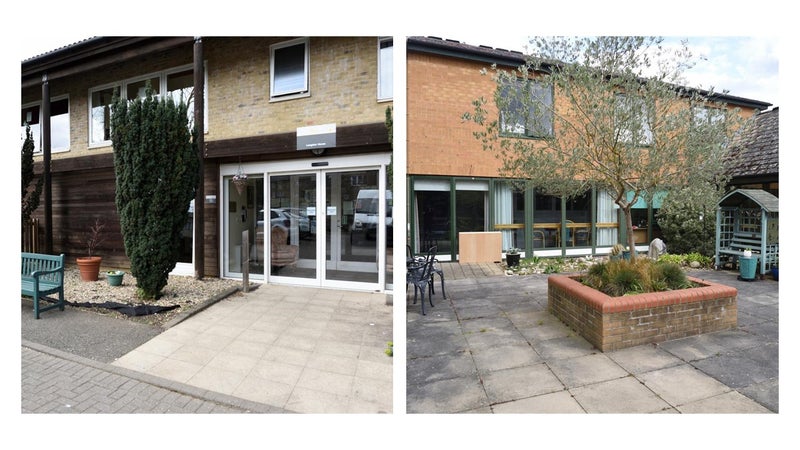Christie & Co report: The hostel market in the Iberian Peninsula
International hotel property advisor, Christie & Co, has published a new report titled The hostel market in the Iberian Peninsula, which analyses this accommodation typology in 10 cities in Spain and Portugal.

Christie & Co today publishes a new report which analyses the hostel product in order to offer a real and current vision of one of the types of accommodation products that is growing and is attracting more interest among investors.
The report looks at the hostel concept, its demand and business model, and analyses more than 350 properties in 10 cities of the Iberian Peninsula (Barcelona, Bilbao, Madrid, Malaga, Valencia, Palma, San Sebastian, Seville, Lisbon and Porto).
In this study hostels are defined as a type of accommodation that offers single beds in shared dormitories (mainly 4, 6 and 8 beds), with shared bathrooms, as well as double rooms for private use, as well as other facilities and areas of common use, including, among others, shared kitchen, leisure area, work rooms and laundry facilities.
The main hostels guests are millennials; defined as people born between 1981 and 1999, whose preferences when choosing accommodation focus on location, value for money and the availability of common spaces and socialization activities. To remain as the choice of preference for these guests, hostels have had to evolve the most in the recent years, going from focusing exclusively on the sale of beds at very competitive prices (youth hostels), to offer double and hybrid rooms between student residences, apartments and long-stay accommodation.
The optimization of the space allows hostels to reach a greater number of available beds in the same space that would be necessary for a hotel room, which generates higher gross operating profit (GOP), greater than 50%. As a general rule, the sale of beds and rooms represents between 70% and 90% of the total income, the sale of Food and Beverages represents between 10% and 20%, and the sale of other income generates the remaining 3 % to 5%. The success of this formula has led many investors to purchase of these types of assets, whether it is real estate to be converted or already operational assets. The majority of the assets transacted are located in the prime areas of the main tourism cities, with returns ranging between 6% and 7%.
Regarding the offer of hostels in the Iberian Peninsula, Barcelona is positioned as the city with the highest number of beds (approximately 8,200 beds) and with the highest levels of Revenue per Available Bed (RevPAB) (between 16 and 21 Euros), ahead of Lisbon (5,900 beds and a RevPAB between 12 and 17 Euros) and Madrid (5,614 beds and a RevPAB between 15 and 20 Euros). It is worth highlighting that Lisbon, with 93 Hostels, is the main market by number of properties and that Madrid has the second highest RevPAB (15-20 Euros), as well as the largest number of beds per asset (117 beds).
On the other hand, Porto is positioned as the fourth largest market by number of beds (2,048 beds) and registers RevPAB levels similar to those of Lisbon. Seville is the fifth market in the Iberian Peninsula and third largest in Spain (1,680 beds and a RevPAB between 13 and 18 Euros), followed by Valencia (1,196 beds and a RevPAB between 11 and 16 Euros), Bilbao (1,182 beds and a RevPAB between 9 and 14 Euros) and Malaga (1,041 beds and a RevPAB between 13 and 18 Euros), which is also positioned as the second destination in terms of occupancy levels (between 75% and 80 %) behind Barcelona. Finally, San Sebastian (708 beds and a RevPAB between 13 and 18 Euros) and Palma (346 beds and a RevPAB between 14 and 19 Euros) are the cities with the least hostels within the markets analyzed. However, it is worth mentioning that San Sebastian registers the same Average Bed Rate (ABR) as Barcelona (between 21 and 26 Euros).
The report also reviews sector trends for the coming years and questions and answers about the hostels market, where the professionals interviewed share their experience, knowledge and opinion on some of the issues mentioned in the report.
Joan Bagó, Market Analyst in the Consultancy Division, and responsible for the report, notes, “The dynamism, flexibility and adaptability of hostels allows them to cover an increasingly wide range of demand coming from other accommodation typologies. In addition, the high operational profitability offered by these establishments has attracted the interest of institutional funds and specialized chains, which are promoting the professionalization and improvement of the quality of a sector traditionally considered budget or low-cost.”
Inmaculada Ranera, Managing Director at Christie & Co in Spain and Portugal, adds, “The ability to constantly adapt to the requirements of its clients is one of the important elements that both operators and investors must consider when developing their establishments. In addition, the socialization activities that can be carried out in these establishments are another of the key factors, since their potential clients pay special attention to this element that often differentiates hotels from hostels.”
You can find this and other Christie & Co publications in our site: https://es.christie.com/en-gb/news-resources/publications/



















